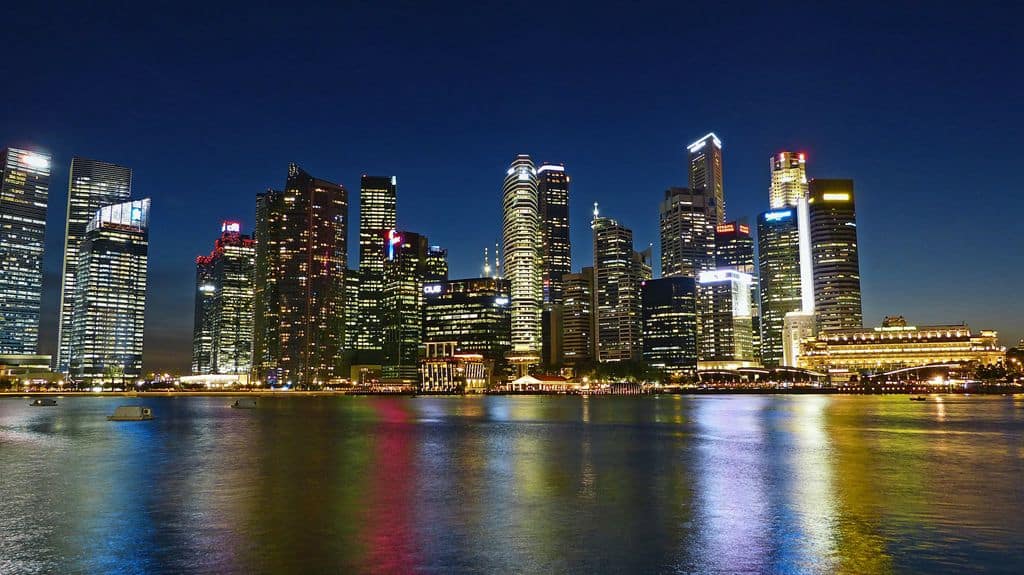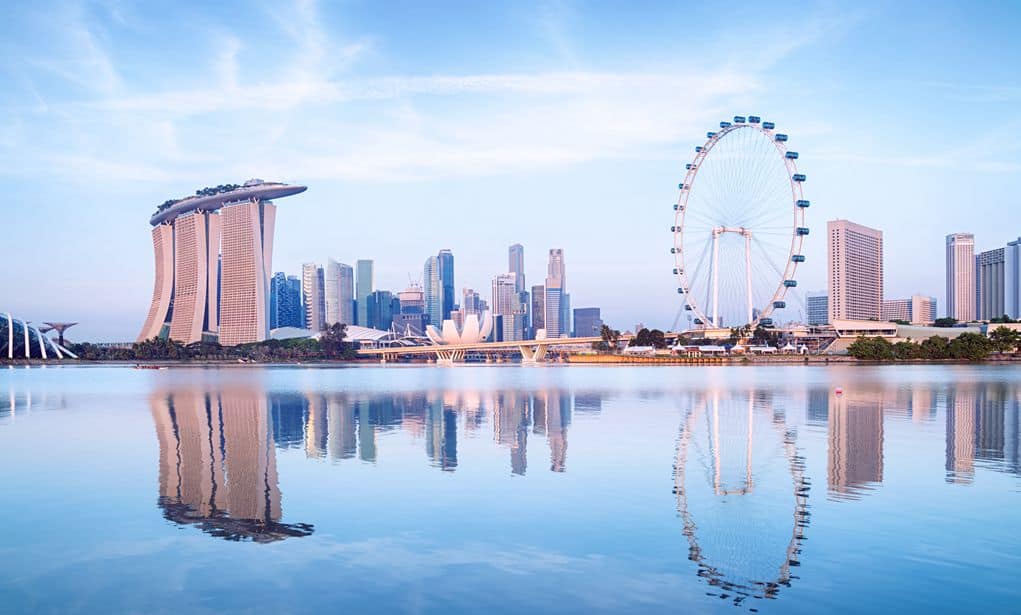Singapore is fast becoming an expat capital of the world. Many expats call Singapore a utopia and for good reasons. For some, Singapore’s climate can be a welcome change from the cold, harsh winters. Some find it oppressive and will take some time to get used to the heat. However, the ease of settling in and building a new life in Singapore is easier than in other Asian countries as many expats would agree.
Here are some of the reasons that make Singapore a top expat destination in Asia.
Money Matters: Income and Tax
According to the results of the 2014 MyExpatriate Market Pay Survey from ECA International, expats typically rake in an average of US$257,000 (S$325,000) per year. When it comes to personal tax, an expat pays an average of approximately S$42,000 after subtracting common tax deductibles. Just by looking at the math, it seems that an average expat working and living in Singapore can afford to have a comfortable lifestyle.
“An expatriate package usually consists of a cash salary; benefits – such as accommodation, international schools, utilities or cars – and tax. All three components need to be added to get an accurate idea of the overall cost to companies of providing this package. In Singapore, the most expensive part of the expatriate package is typically the benefits element: the value of these is second highest in the region after Hong Kong,” said ECA International Asia Regional Manager Lee Quane.
However, there is a downside to the small percentage of personal tax expats pay. Singapore is the world’s most expensive city, according to the 2015 research by the Economist Intelligence Unit (EIU). In basic groceries alone, researchers found that Singapore was 11 percent more costly than New York City. Singapore also bagged the top spot in the 2014 survey by EIU.
Residency and Ease of Doing Business
Singapore is best known for the ease of doing business in the country. Setting up a company in Singapore is so easy that it can only take a day. Many expats who hold an EP (Employment Pass) or a PEP (Personalized Employment Pass) take the entrepreneurial route if they wish to stay longer and even settle in Singapore.
Some expats invest in a private limited company incorporated in Singapore or become a non-executive director. But before you take this route, keep in mind that this role needs to be approved first by the expat’s current employer and the Ministry of Manpower (MOM). Moreover, becoming a non-executive director of a private limited company in Singapore doesn’t mean you get paid for the role or you are actively employed by the said company.
Some expats who are living with their families in Singapore can start a company of their own through a spouse who holds a Dependent Pass. He or she can extend it into a full working visa through a Letter of Consent. This way, the spouse who started the company can also be a local director.
Expats can also apply for Permanent Residence (PR) status. Permanent residents don’t have to give up their original citizenship to become a permanent resident. Expats who become permanent residents can become local directors of companies that are incorporated in Singapore and can own shares. PR holders can also purchase properties.
“What’s not to love about living and working in Singapore? Sometimes I will work until early in the morning and still have the feeling that I can embark on 20 more ventures over the next decade. Singapore is a Disneyland for entrepreneurs in the internet/tech industry,” said Max-F. Scheichenost, co-founder and president of startup company DocDoc Pte. Ltd.
Ease of Settling In
English is widely spoken in the country and because of the huge expat population, language barrier is not an issue compared to other countries in Asia.
When it comes to settling in, EP and PEP holders can easily open a local bank account, credit cards, Internet and cable services.
“Moving in, renting, getting a work permit is easiest here than in any of the eight or nine cities in Asia where I have lived. Plus there’s a classic expat crowd from all over the world. People make friends fast. There are great clubs and associations. Cycling is big,” said expat Richard Martin who works at International Market Assessment.
According to the EIU survey, Singapore is the second safest city in the world. So for expats who live in Singapore with their families, they don’t have to worry if it’s safe to walk in the streets at night or if the water their children are drinking in school is safe.
“People often comment that there are so many strict laws in Singapore, but we see the benefits. Here, we are comfortable with our children using public transport in the evenings and staying out with friends in a shopping center even after dark,” added Nicole Beath, another expat from Australia.
Quality of education
The government invests a lot of money in the continuous improvement of its education system. Based on the 2009 Organisation for Economic Co-operation and Development (OECD) survey, Singapore is one of the leading countries in terms of reading literacy. In both local and international schools, Singapore students spend more hours learning math and science compared to the OECD average.
Typically, expats would levitate towards international schools for the education of their children. However, in recent years, more and more expat families are choosing local education over international schools.
They would gladly and patiently endure the long waiting lists for the spots that are not exclusive to locals and PRs. On the other hand, locals are not allowed to attend international schools without getting consent from the government. Singapore takes its local education seriously.
So why do expats choose local education to international schools? It’s because of the local schools’ focus on math and science. Their focus on humanities and arts range from little to none at all.
Students of local schools are also segregated in terms of academic performance. Singapore schools are known to be very demanding and in the past three decades, this kind of rigor is becoming increasingly attractive to expat parents.
“The local curriculum will definitely be an asset, the depth of knowledge they are gaining in the math and sciences will always be useful and translatable to anything that they want to do in the future in any country,” said Lisa Jelinek, an Australian expat whose two sons are attending local schools in Singapore since they moved here in 2009.





